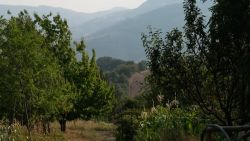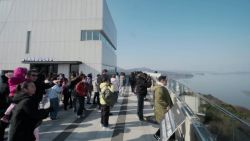As part of the Black Lives Matter movement, protesters recently looped a rope around the Confederate Soldiers and Sailors Monument in Birmingham, Alabama, and tried to drag it to the ground. The statue had long irked many locals, but a state law prohibits the removal of any Confederate monuments like this one.
Have you ever looked into the face of one of these stone Confederate soldiers? ln Coweta County, Georgia, two years ago, I did.
I was driving with co-workers toward Montgomery for a story memorializing lynching victims, and along the drive, there it was – a blazing, sparkling-white, imposing stone soldier looking down in silence. And yet, he was not silent.
That frozen monument looked down on me as if to say, “You there. Your history is not as important as ours.”
It’s this very lack of inclusion, this demotion of the African American experience, that still plagues the black traveler as much, and sometimes more, than outright prejudice.
It all stings.
Have you ever been on a carriage tour through an historic district in the South, and suddenly realized that you learned all about the curly iron detailing of the region’s antebellum mansions, but only received a meager aside on the slaves whose dreary field work paid for it (if you got that detail at all?).
Try being the lone black face on one of these tours over and over again.
I got so sick of the blatant lack of acknowledgment that when I went to Savannah in 2017, I sought out a tour that put black history first. I was one of only two people on it.
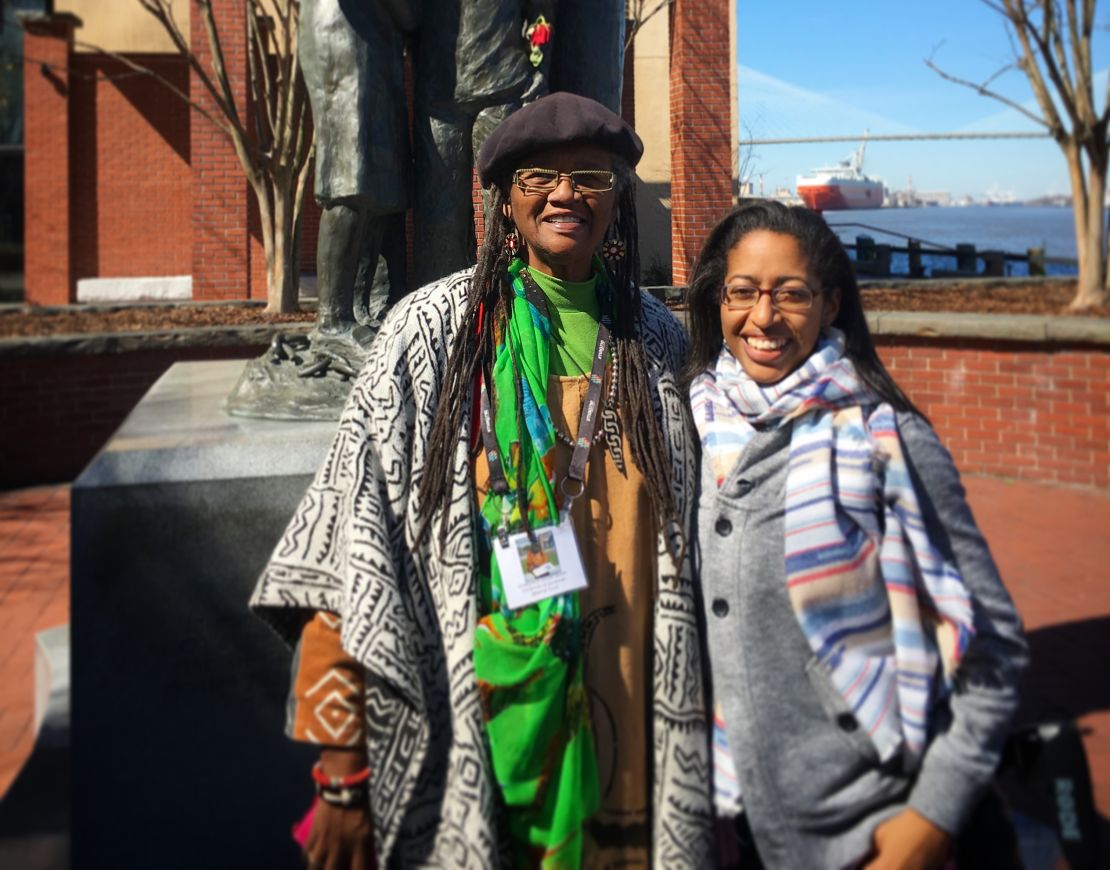
We are forever the minority in the eyes of those who dictate our country’s cultural heritage. We are forever of lesser import to the reigning echelons of the travel industry.
We are of lesser import to the high-end travel magazines who still predominantly use white or light-skinned models on their covers. They seem to ignore the large chunk of their audience who patronizes them despite their ignorance of our presence.
We are of lesser import to the big social media travel platforms who more often highlight white or light-skinned influencers over darker, and I include our own and my culpability in it. CNN Travel is as guilty as any mainstream media outlet in its lack of attention toward nonwhites.
We are of lesser import to the glossy, multimillion dollar advertising campaigns, despite the fact that there are dozens of black travel social and Facebook groups whose numbers top six figures.
We may not be the biggest demographic in the global travel market, but we are out there, and we know we belong. We walk into restaurants and hotels and spas and immediately recognize we are the lone brown face, and so we put on our Sunday best behavior to keep from further standing out.
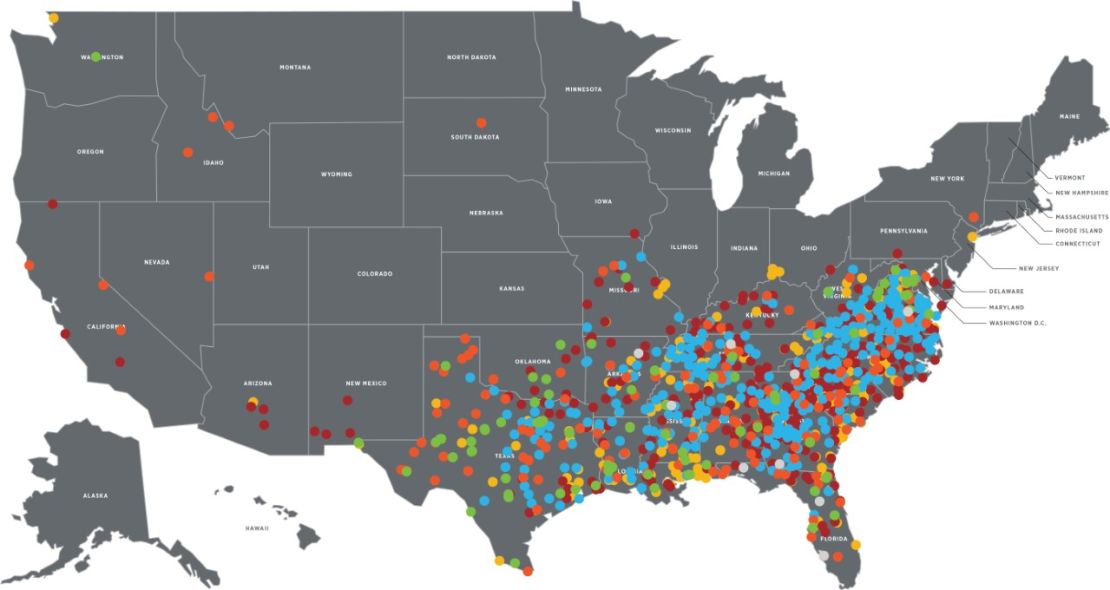
I expressed no anger at the tourist family who stared at me, dead on across the subway car for the length of an entire train ride without flinching.
I refrained from snapping back at the woman at the Four Seasons in Beverly Hills, California, who called out to me for an ashtray. Like her, I was a hotel guest, and I was trying to find my table.
I’m often traveling by myself or with one other person, usually a woman. Despite bad moments, I go out into the world believing that people will be open and curious and kind because that’s what I offer first. And for the most part in my travels, that’s what people have been in return, helping to cushion the sharp memory of the negative experiences.
Open, like Shannen, a source for a story on cybercrime I was working on, who welcomed my teammate and me to sleepy Helena, Montana. We spent hours talking about why she loved Montana (and also why she kept a turquoise AK-47 in her trunk).
Kind, like Leroy and RuthAnn whose directions to their cow farm in Missouri included first locating two blue silos before turning right.
When the adorable senior couple told me I looked exactly like their one friend Doreen, I kept quiet thinking Doreen may have been one of the few black folks they’d met in their lifetime. I was glad to be another one. It was their kindness that had them plying me with buttercake as we spent hours looking through their family reunion photos even though the pictures had nothing to do with my assigned story on telehealth.
Curious, like the Kenyan girls at the front desk in Nairobi who simply could not believe that my hair grew out of my head in naturally formed ‘jerry-like’ coils. They were used to forever braiding theirs, so I patiently encouraged them all to touch my jelly-wet springs one by one as they each gasped in turn “Yes, it’s real!”
We look to our own forums for advice on potential problems with race. We search out our own black tour guides and black travel publications such as Travel Noire which has 150,000 daily email subscribers. We’re making our own apps, such as EatOkra, which highlights black-owned restaurants. We have dozens of Facebook groups, including Sisters Traveling Solo and Black Travel Movement.
I found myself inadvertently surrounded by one such traveling group in October 2017. Sitting alone at JFK in the wee hours awaiting an Emirates flight to Dubai, around 30 black women in gold glitter T-shirts appeared out of thin air and filled up the empty gate seats around me. They were heading to Egypt, just another trip they were doing together, they said.
We keep heading out like never before with an open heart, hoping that we will be treated as equally as any other passionate traveler and respected as well as any other.
I won’t pretend to have had the overtly racist experiences that many black people have recounted in forums and on social posts. Each of the perspectives we’ve gathered below are just a glimpse of what it’s like to travel while black.
So, we ask you, our readers, to read the following stories as inspiration, and then tell us your story in the form below. We’re listening.
Edna Elisabeth Nyang
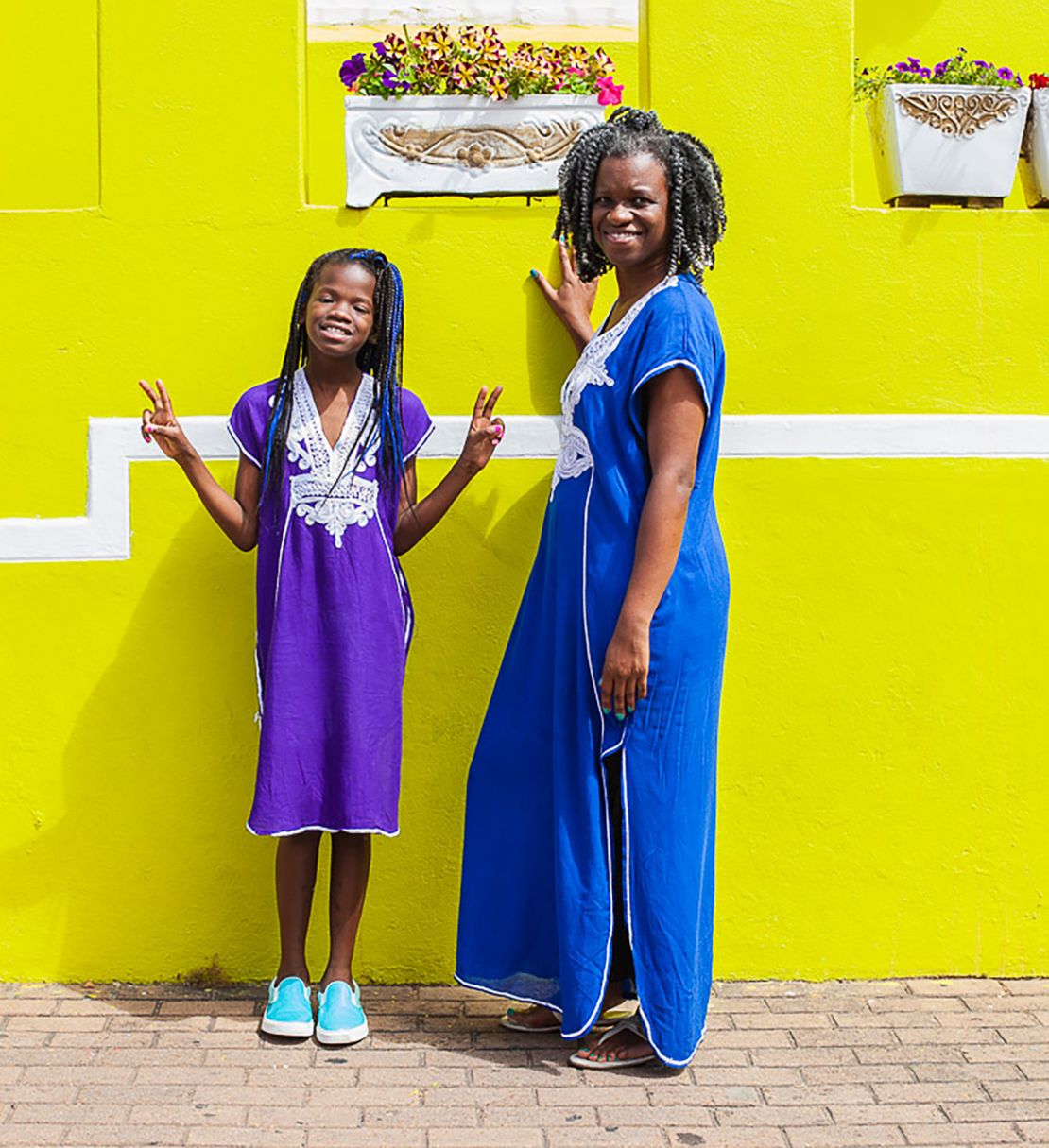
I’m writing this from the perspective of being an African American who lived abroad for many years and has taken many trips to various countries around the world. Most of the experiences I had were extremely positive, and I am happy to report that I have made lifelong friendships with those who I befriended during my adventures.
However, I recognize that most of my positive experiences can be attributed to my American accent and passport. I’ve seen on many occasions store owners, locals and other tourists who silently judge me throughout their body language until I open my mouth.
I really struggle with this privilege because I see others who share my skin complexion being treated worse and feel that I am being tolerated only in hopes that I will spend money in their establishment.
When I lived and traveled throughout Asia with my daughter, it was extremely common for people to approach me and assume that I was in the sport or entertainment business. I’ve also been told countless times that I look like Michelle Obama. While I admire her very much, we look nothing alike besides the fact that we are both tall.
Sadly, many people have created a perception of African Americans based on Hollywood TV and movies, so they do not have a strong reference point. It’s been a struggle explaining to my daughter how beautiful she is when she asks why there’s only a few people who look like us in commercials or magazine ads.
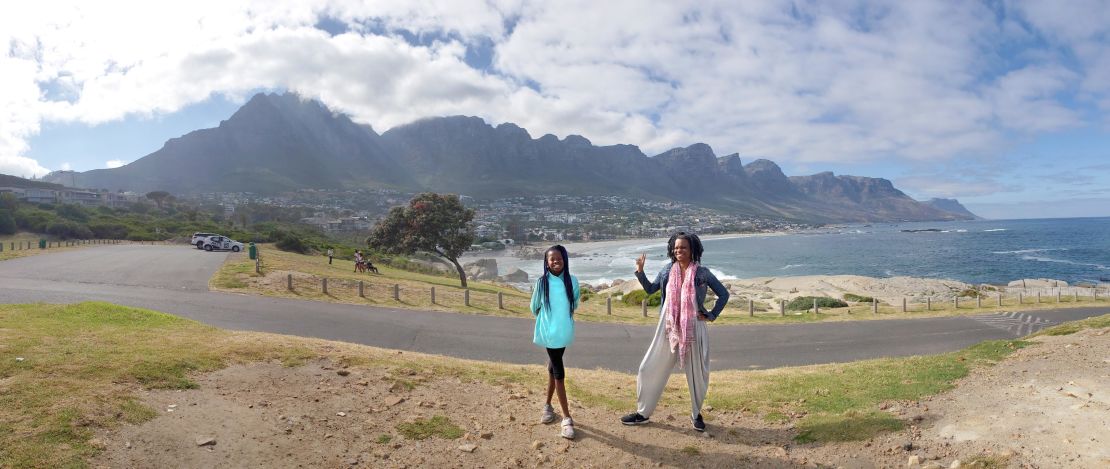
Since my daughter was born in 2009, I have made four trips to the African continent. It is there that I had the hardest time traveling as an African American. Once again, my experiences have been overwhelmingly positive. However, I can feel the resentment from some locals about my citizenship and notice that they treat me worse than white tourists. On a few occasions, I’ve been asked to sponsor someone, and when I state “no” receive backlash.
As someone who travels first class at times, I noticed that my presence makes some feel uncomfortable. I’ve been asked repeatedly the nature of my profession and/or whether I’m part of the military. I also had people take my seat and assume that I will willingly take their seat in exchange. When I tell them that I paid for the seat and am entitled to sit there, I get some pushback before they storm off. This makes me really upset because I know these actions are occurring to me solely for the complexion of my skin.
On a positive note, my daughter absolutely loves traveling overseas. When we are stateside, she is anxious by nature and has a fear of something happening to her or myself. Overseas, she feels comfortable and less reserved. Traveling also made her aware of things that she absolutely loves the United States for and doesn’t take for granted the experiences she partaken in over the years.
Reggie Cummings
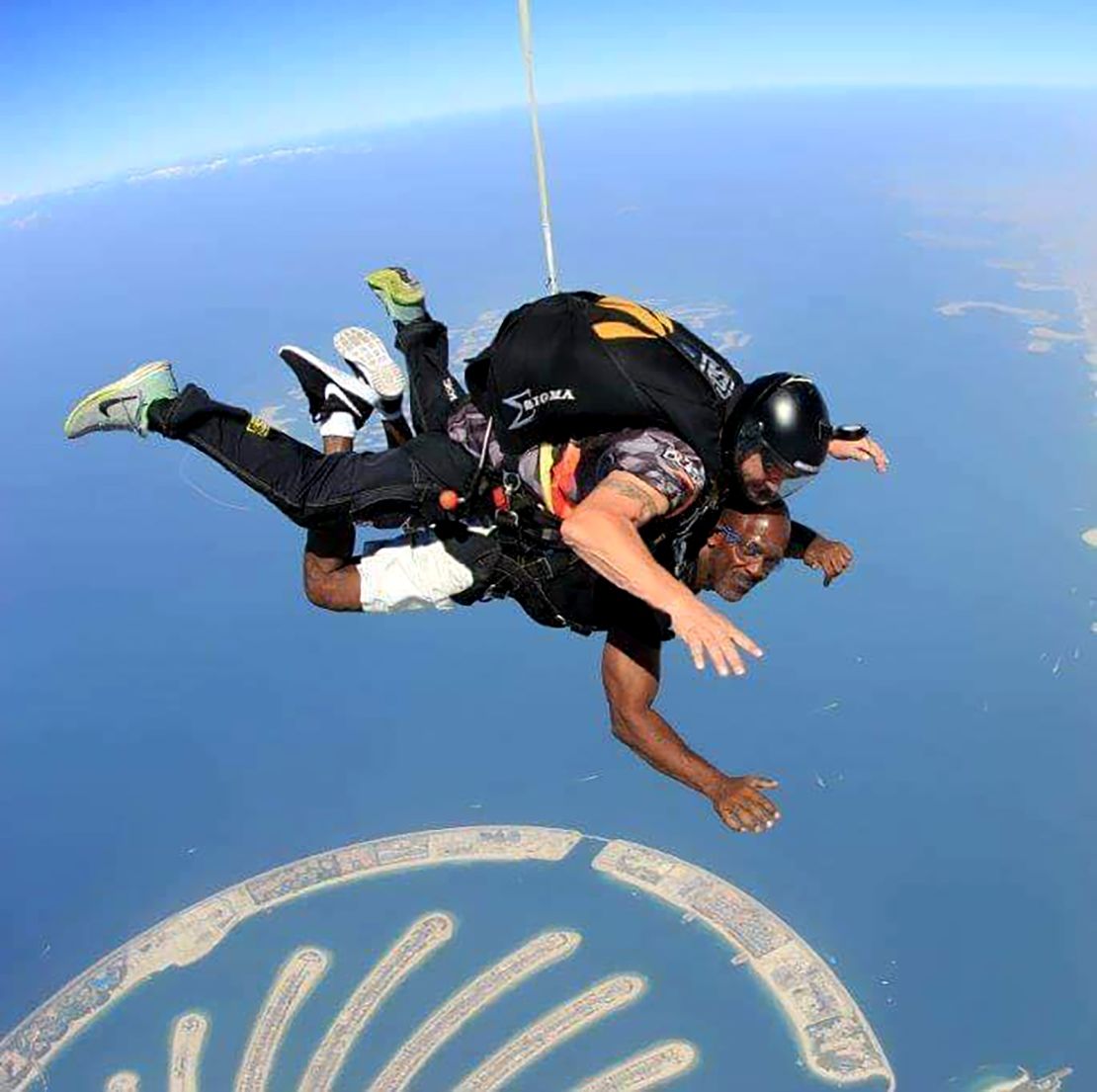
Of course, I have heard stories of racism and racist incidents occurring around the world from Black Travel Movement members. I don’t think that anyone is denying that it happens. Fortunately, that has not been my personal experience. One of the things that I have seen repeatedly is racial stereotyping.
It started for me back in the ’90s. Since then no matter what corner of the globe I am traveling to, I would always get called out as whoever the hot or popular black man was at the time. I’d hear them yell from across the street or courtyard … “Eddie Murphy” or “Arsenio.” Then I was “Diddy” or “Michael Jordan.” Now, they yell “Obama.”
As this trend continued, I realized that millions if not billions of people around the world get their perception of black men from the media. We know that the media does not always portray us in the best light.
This is one if the key reasons that the Black Travel Movement is so important. It is critically important for the world to see us as we truly are… Husbands, fathers, dentists, policemen, lawyers, teachers. Black men from a wide range of backgrounds. We are not all rappers, actors, entertainers, or even presidents.
Tamara Hardingham-Gill
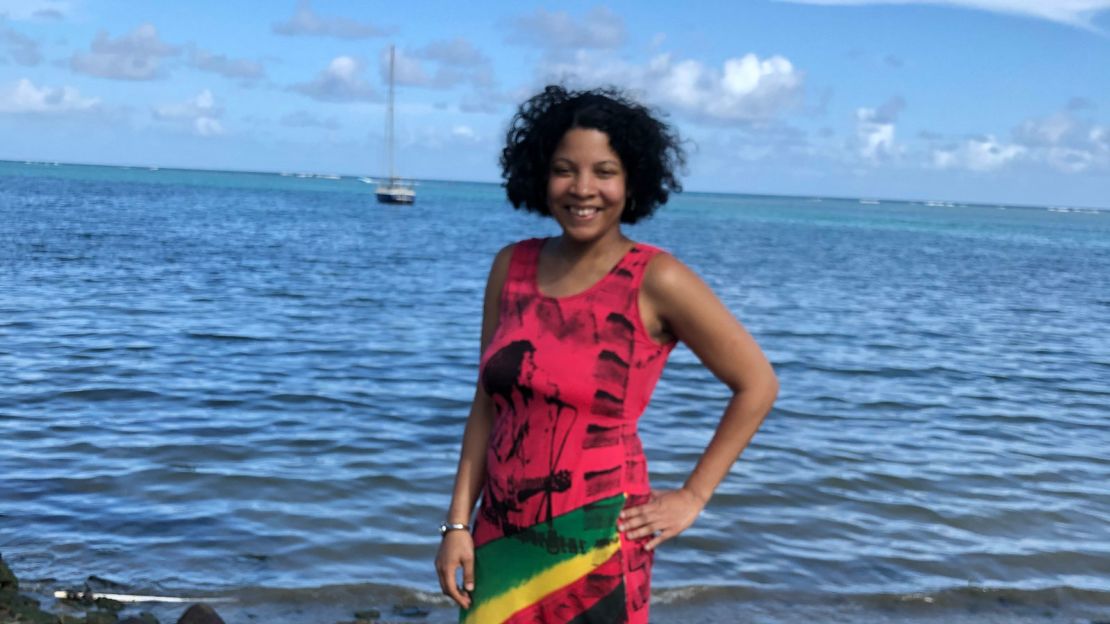
From visiting Egyptian pyramids to skydiving in New Zealand, traveling around the world has gifted me with some of the most thrilling moments of my life.
As a lighter-skinned black woman, I’m very much aware my experiences are different to those with a darker complexion.
I don’t always stand out so much, and individuals who aren’t used to being around black people may be slightly less unnerved by someone who looks like myself.
That’s not something I’m OK with by any means, but it’s something I can’t ignore while recounting my experiences.
A solo trip to Prague during my early 20s was probably my first uncomfortable travel experience. Although I befriended a lovely girl from Mexico, I felt on edge a lot of the time and didn’t really understand why, until a lady who served me in a restaurant was particularly kind to me.
I then realized pretty much everyone I’d encountered previously had treated me with absolute disdain.
While out sightseeing the following day, I attempted to use a public toilet that was being cleaned at the time – perhaps not the best move, but I wasn’t quite sure what the protocol was. When the cleaner saw me entering, she was furious, and began to manhandle me out of there. I was confused by her aggression, but made my apologies and hurried away, silently berating myself for offending her. But a few moments later, a group of white tourists came toward the door and the same cleaner smiled politely and allowed them in.
It was at that point I realized there was a deeper reason as to why I’d been made to feel so uncomfortable during much of my time there.
The thought had honestly never crossed my mind before.
A few years later, I moved to Australia for 12 months and went on many unforgettable adventures.
However, I did have a few encounters that I really can’t put down to anything but racism.
When entering a music event with some fellow Brits who happened to be white, a bouncer actually spat at the ground on checking my ID, before looking at me with disgust and handing it back to me.
On the way home, a young black man who had been attending the same event was racially abused by a man on the train.
His friends quickly jumped to his defense, and a heated exchange followed.
I wish I could say that I spoke up and stood in solidarity with him, but I’m ashamed to admit, I did absolutely nothing.
It’s out of character for me to not at least attempt to defuse a situation like that in some small way. But I was scared that he’d turn on me. So, I just sat there, silently hoping no one would notice there was another black person in the carriage.
While I’d be lying if I said these incidents hadn’t impacted me in some way, traveling has brought too many good things into my life for me to every really look at any of my overseas adventures in a negative way
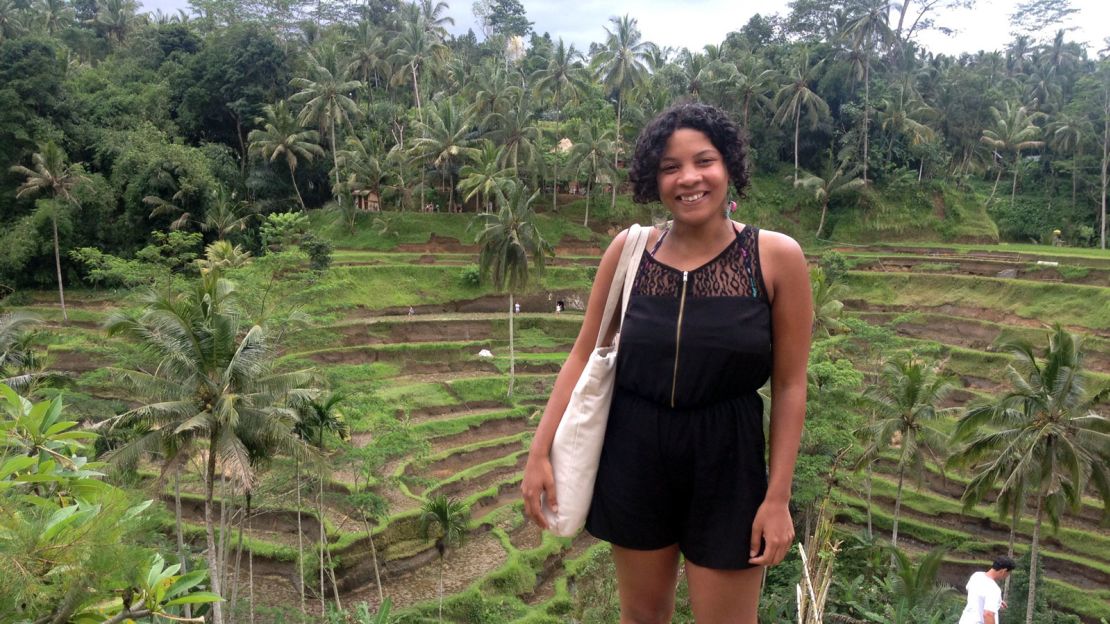
I’ve made countless friends across the globe over the years and so many people have gone above and beyond to look out for me.
From the lady in New Orleans who rushed out in a night dress to tell my sister and I to avoid walking down a particular road in the dark, to the couple in Milan who constantly checked in on me, even inviting me along to their family gatherings, I’ve been pretty spoiled when it comes to displays of human kindness.
I truly believe I’d be a completely different person if I hadn’t forced myself out of my comfort zone by visiting places I knew very little about, and been open to learning as much as I could from each destination and every single one of the people I met there.
Mark Chambers
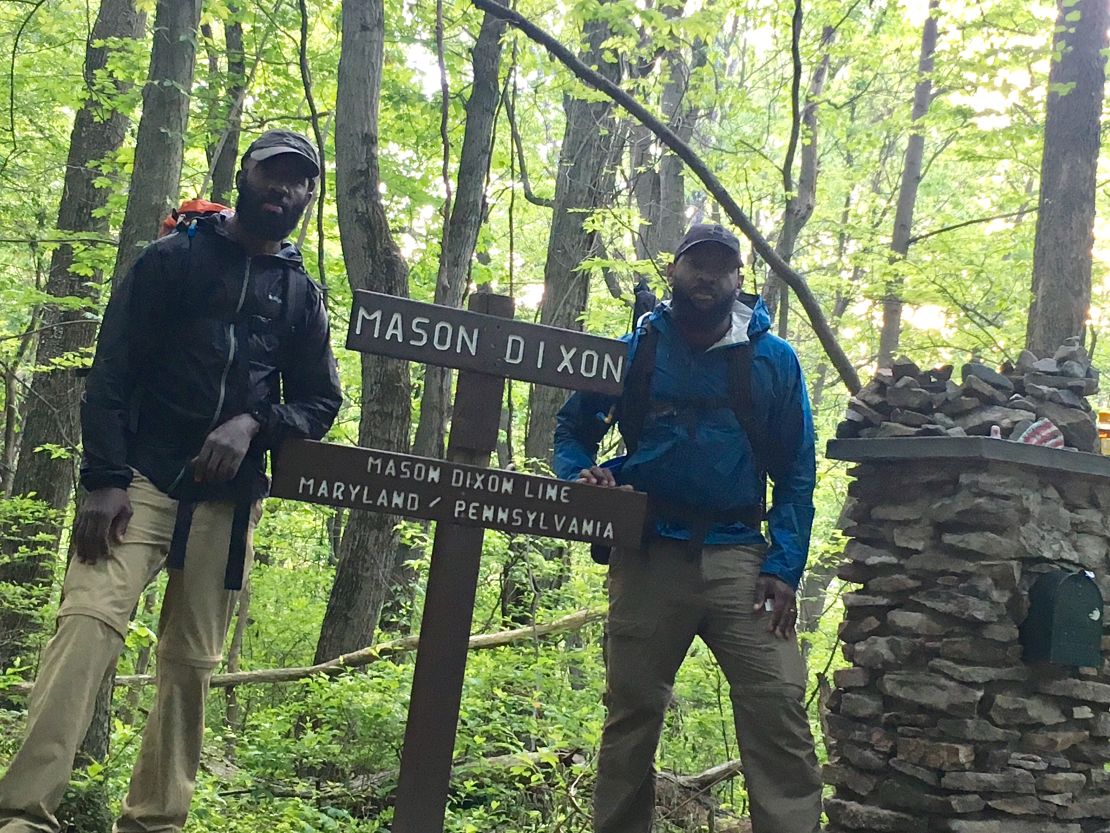
Every spring, I spend a week hiking a different section of the 2,200 mile-long Appalachian Trail with my brother. As black men in America, our love of the solitude, human resilience and majesty of the outdoors can sometimes feel at odds with the painful history of violence, discrimination and harassment against black people in our country.
The allostatic weight of a life experiencing racially motivated micro and macro aggression is not easily put down at the trail head.
So, we’re always hyper aware of being literally the only two black men in a remote environment; always ready to account for the unpredictable outdoors or an unpredictable interaction that catches us off guard.
That’s not to say that fellow hikers have been unfriendly or unwelcoming. In fact, it’s mostly the opposite. And so, despite the additional metaphoric backpack weight that we carry with us, every spring, we are more and more drawn to experience the American landscape on foot.
There is something healing, restorative and empowering about the forward motion of long-distance hiking; that step-by-step you can travel great distances, so long as you put in the work.


